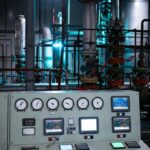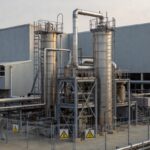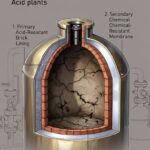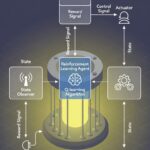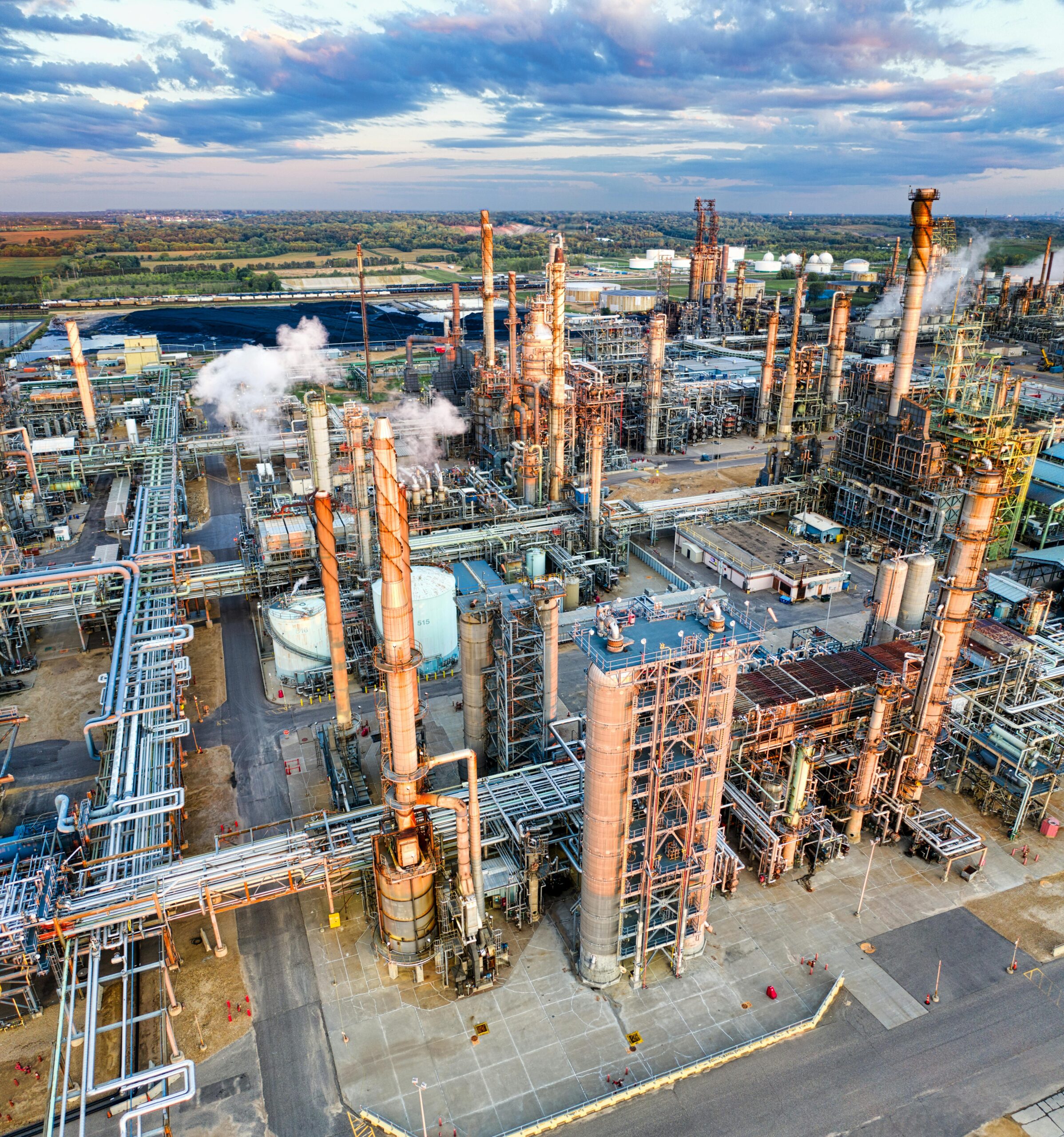Introduction
The chemical industry is witnessing a profound transformation, driven by the integration of artificial intelligence (AI) and machine learning (ML) technologies. AI is redefining the way chemicals are manufactured, optimized, and managed, offering unprecedented opportunities for efficiency, sustainability, and innovation. This article explores the remarkable rise of AI in the chemical industry and its implications for the future.
AI in Chemical Research and Development
Drug Discovery: In the pharmaceutical sector, AI algorithms analyze vast datasets, enabling drug discovery by identifying potential candidates, predicting their efficacy, and even simulating drug interactions. This reduces the time and cost of bringing new medicines to market.
Materials Science: AI aids in materials research by predicting material properties, optimizing formulations, and accelerating the development of novel materials with desired characteristics, from polymers to catalysts.
Chemical Process Optimization: AI optimizes chemical processes by continuously monitoring and adjusting variables, reducing waste, energy consumption, and production costs. It enables real-time process control and predictive maintenance to ensure smooth operations.
Supply Chain Management and Logistics
Demand Forecasting: AI-driven demand forecasting models consider historical data, market trends, and external factors to optimize inventory management, reducing supply chain inefficiencies.
Routing and Scheduling: AI-powered logistics solutions optimize routes for chemical transportation, reducing fuel consumption, carbon emissions, and delivery times. Automated scheduling systems enhance efficiency and reduce costs.
Environmental and Regulatory Compliance
Emissions Reduction: AI models monitor emissions and suggest strategies to minimize environmental impact. AI is essential in meeting stringent regulatory requirements for emissions reduction.
Safety and Risk Assessment: AI-driven risk assessment tools evaluate potential hazards and help develop safety protocols to minimize accidents and compliance violations.
Quality Control and Testing
Automated Testing: AI-powered automated testing systems enhance quality control by rapidly analyzing samples and detecting deviations, thus ensuring product quality and consistency.
Defect Detection: AI-driven vision systems inspect products for defects and anomalies, reducing waste and ensuring safety.
AI-Powered Smart Laboratories
Smart laboratories equipped with AI-enhanced equipment can execute experiments, collect and analyze data, and suggest further experiments, thereby accelerating research and development cycles.
Conclusion
The rise of AI in the chemical industry signifies a transformation that goes beyond mere digitization. It introduces smarter, more efficient, and sustainable processes. By leveraging AI’s predictive capabilities, the industry is better equipped to meet growing global demand, reduce its environmental footprint, enhance safety, and accelerate innovation.
The chemical industry’s embrace of AI is not just a technological shift; it is a strategic pivot toward a more agile, data-driven future. As AI continues to evolve and integrate deeper into the sector, its potential to revolutionize chemistry, reduce costs, and address global challenges becomes increasingly clear. The chemical industry’s growth and the well-being of our planet may depend on its ability to fully harness the power of artificial intelligence.

